Another day, another set of dreary headlines for the government over its handling of the coronavirus pandemic. As well as publications that tend to be hostile to the Conservatives, the Telegraph today splashes with criticism of the testing shortage, saying there are ‘Questions without answers’. Yet despite all the noise, the polls tell a rather different story.
YouGov’s political tracker says that for the first time in nearly a decade, Britain approves of its government. Boris Johnson’s government has a net approval rating of +26 – the highest YouGov has recorded in the 1,400 times it has asked: do you approve or disapprove of the government’s record to date? Meanwhile, Johnson’s personal approval ratings are at their highest since he entered 10 Downing Street while Rishi Sunak is enjoying a surge in popularity in the territory of Clegg-mania in 2010.
While the polling serves as a helpful reminder that Twitter is not representative of the country, there are a few reasons government figures are not banking on their surge in popularity being a permanent fixture. For now, Johnson fits into a global trend. Across the world, leaders find themselves enjoying poll bounces as they lead their country through a time of national hardship. As one Tory MP puts it: ‘Whenever there’s a really big crisis not caused directly by the government, the governing party tends to poll well’. What’s more, it doesn’t always mean extra votes. Critics point to the second world war when Winston Churchill led the country to victory only to be quickly ousted in favour of Clement Attlee.
Inside government, there’s a sense that the situation is incredibly volatile and the public judgment that matters won’t come until much later down the line. As the Prime Minister has previously said, there is an expectation that things will get worse before they get better. Tory MPs are braced for a choppy few weeks until mid-April when the virus outbreak is now expected to peak. It remains to be seen whether the NHS is able to cope with an increase in cases. If there are continued PPE and ventilator shortages which lead to an above average number of fatalities and distressing hospital scenes akin to Spain and Italy, it will be seen as a sign of the Government’s negligence.
Likewise, the economic outlook is still not clear. The spending pledges by the Chancellor are unprecedented and far reaching. Even if Sunak is able to roll-out wage subsidies and bailouts within 12 weeks – currently viewed as optimistic – it could change the Tories’ grand spending plans for the next four years. If it becomes harder to borrow at low rates, aspects of the Government’s level up agenda – supposedly its flagship policy – become harder to achieve. Borrowing to fund infrastructure projects will likely still be able to proceed. But increasing current spending on things such as skills will prove more problematic. Sunak gave an early hint last week that the public will have to pay something back when he suggested that the self-employed could in future pay similar amounts of tax to the employed.
There’s a sense that the ultimate judgment on how the government dealt with the crisis will come down to two things: 1. the overall death toll compared to other countries 2. the long term effect on the economy. The answer to both of these tests won’t be available for some time.
<//>
Got something to add? Join the discussion and comment below.
Get 10 issues for just $10
Subscribe to The Spectator Australia today for the next 10 magazine issues, plus full online access, for just $10.


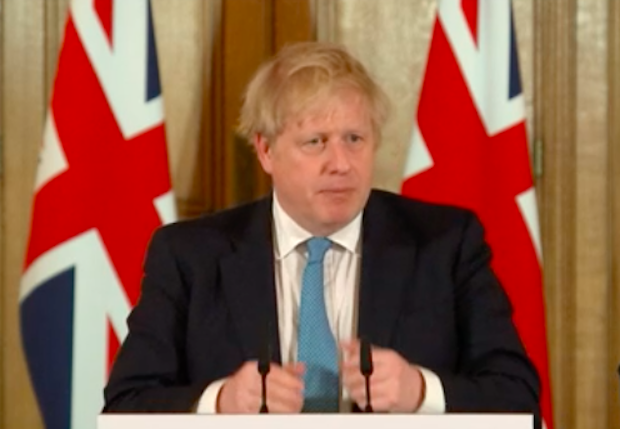
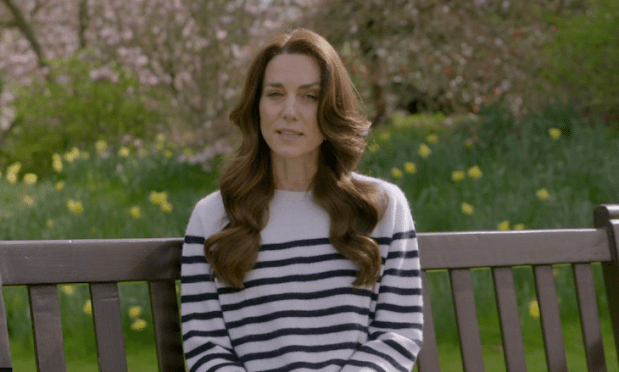
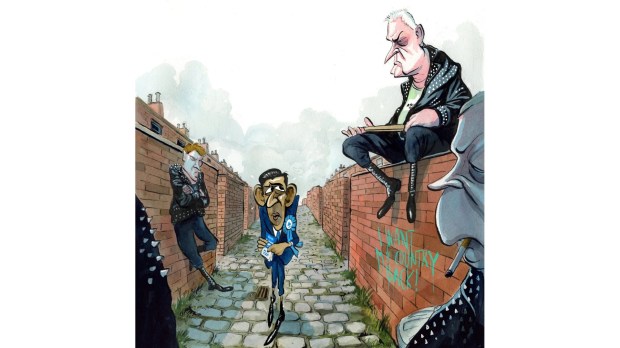
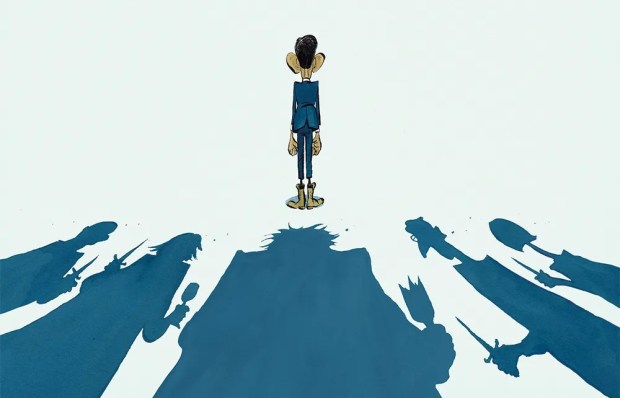
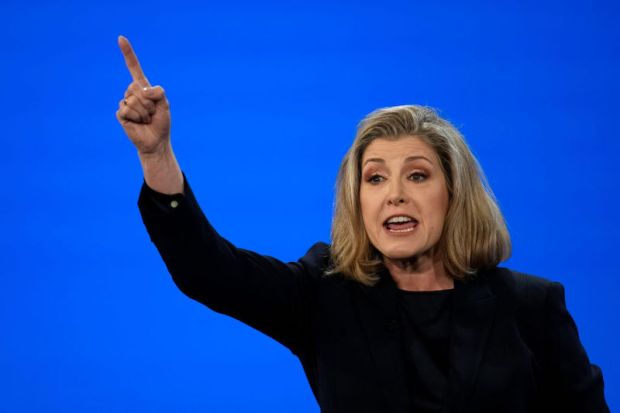
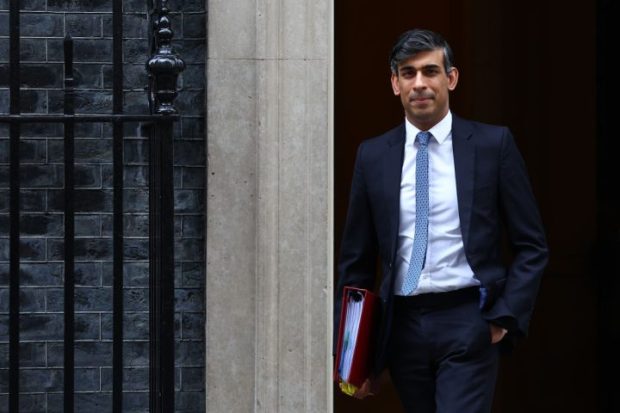












Comments
Don't miss out
Join the conversation with other Spectator Australia readers. Subscribe to leave a comment.
SUBSCRIBEAlready a subscriber? Log in